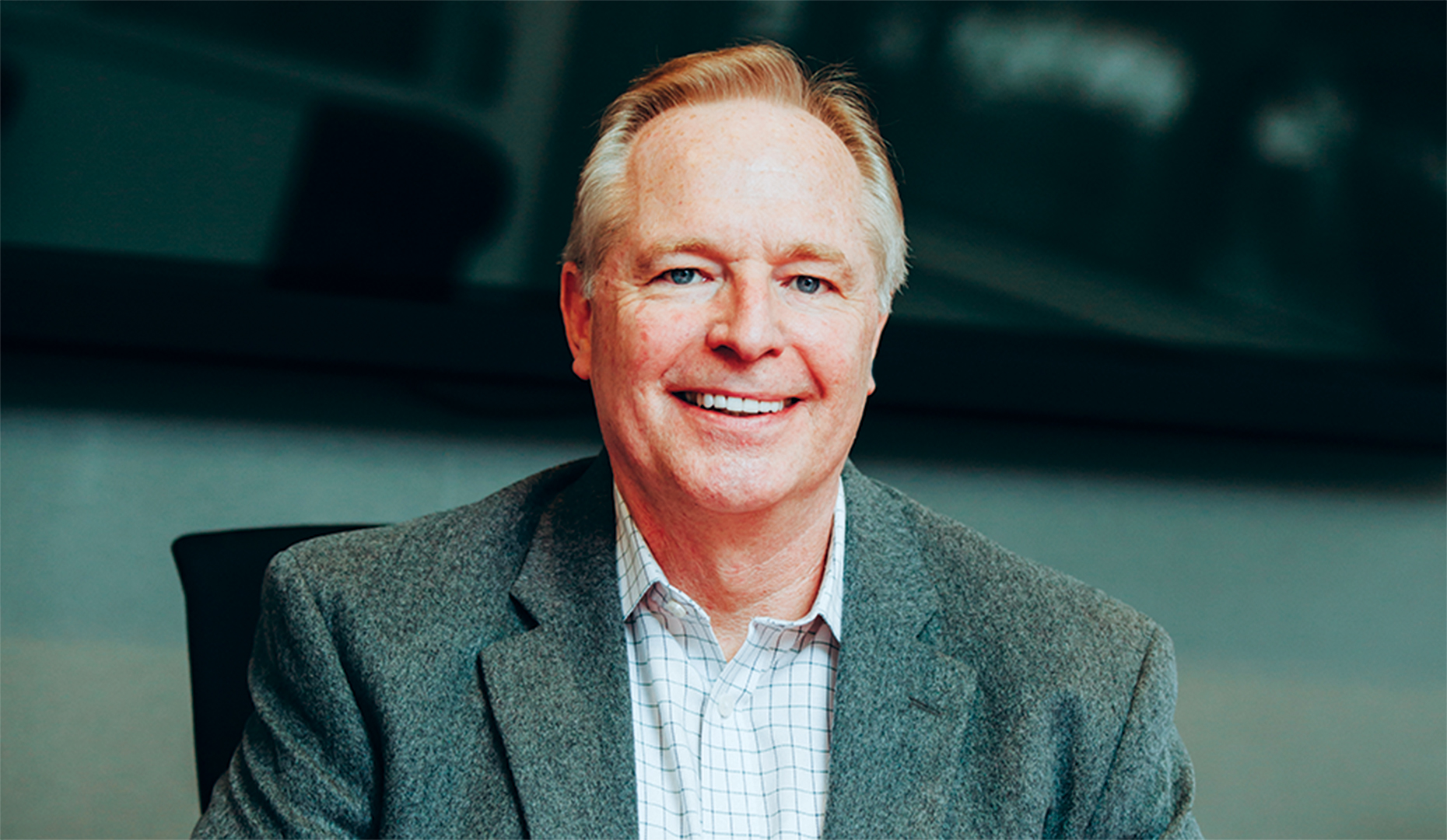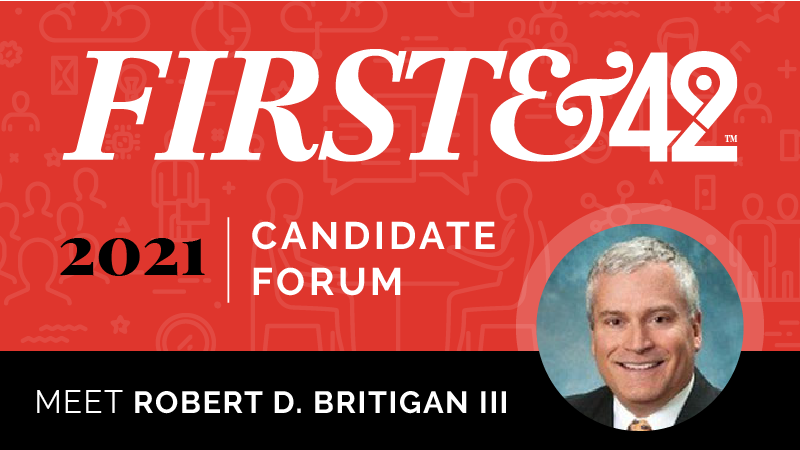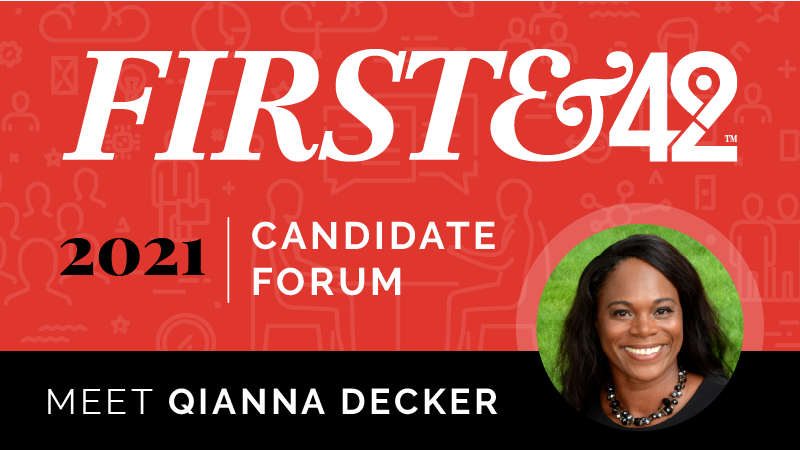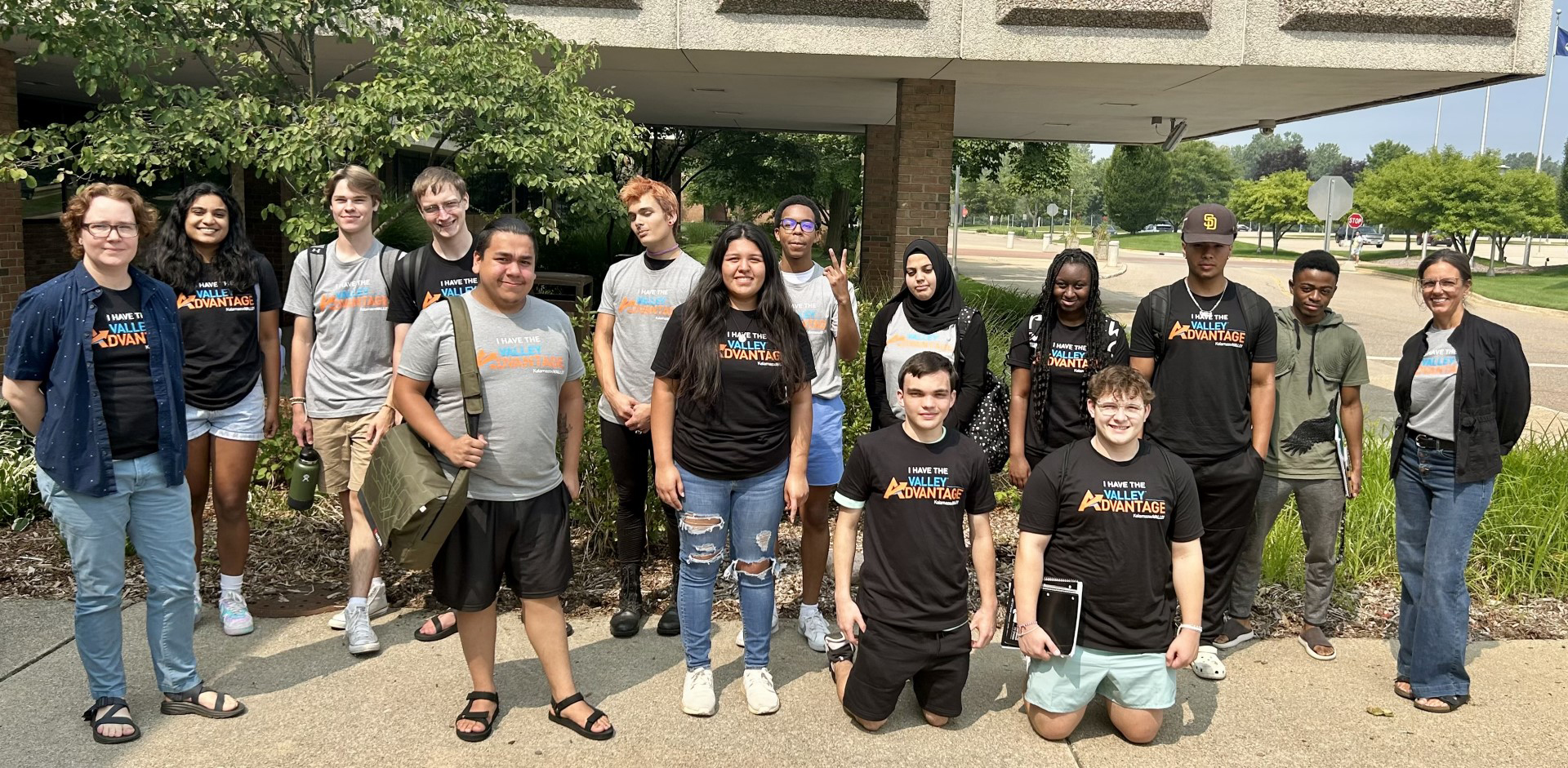Mike Roeder, President and CEO of Fabri-Kal Corporation, takes us through his leadership journey.
1963 | Born in Cumberland, Maryland
My family moved to Baltimore, Maryland, when I was too young to remember. I had four brothers and sisters, so there was a lot of sharing. We shared toys, cars, bathrooms—you name it. Growing up, we were always in the street playing some sort of sport, whether it was going to the baseball field or making up our own sport using whatever we had on hand. Nowadays, it seems like everything’s much more structured.
1975 | First Job at VCT Electric
When I was in middle school, I played guitar in a church folk group. As fate would have it, the head of that folk group was a master electrician who started his own company called VCT Electric. When I was twelve, he took me on as his gofer. He would tell me, “Go for this,” or “Go for that.” During the summers, I worked five or six days a week. Over the years, I started to build a good working knowledge of the trade. I eventually became an electrician for the company and continued to work there all through high school and college.
1985 | Received a Bachelor’s Degree in Electrical Engineering from Virginia Tech
I like to joke that my initial college plan was to play baseball, and when that didn’t work, I studied electrical engineering. The truth is that, while I had the advantage of hands-on electrician experience, Virginia Tech’s electrical engineering program truly made me a better thinker. Throughout college, I was still working at VCT on weekends and in the summer, so I would take what I was learning at school and apply it to design work. I specifically remember doing drawings for conveyor system controls. Having experience on both the more theoretical side of engineering and the hands-on side of being an electrician would turn out to be extremely helpful for my career.
1985 | Electrical Project Engineer at Reynolds Food Packaging
After college, I started out on the shop floor at Reynolds. I was responsible for all the equipment and installations on site, including their maintenance. It was a pretty large plant—about 500 people covering about 10 acres under one roof—so it was a fair amount of equipment for me to learn. I was lucky to have had some experience, so I wasn’t a fresh-out-of-college engineer the company had to train. It also helped that I was curious about everything, and I just like people, so I couldn’t help but talk to all the machine operators when I was out there.
1986 to 1988 | Received an MBA from Virginia Commonwealth BCU
After about a year in the electrical engineering field, I knew I didn’t want to work in a pool of fifty other engineers at a huge corporation like IBM or Westinghouse working on a circuit board. I loved doing all that math, but I liked people more. I realized that my talent was being able to talk to the operators and listen to what their needs were. It turns out that was unique among the other engineers. People saw me as someone who could tie together technical ability with people-skills. That’s why I went back and got my MBA instead of studying electrical engineering further.
2000 to 2005 | Food Service Business Union President at Alcoa Reynolds Food Packaging
After I got my MBA, I came up through the plant, [moving] from engineering to plant manager. At that point, I had become very familiar with both the manufacturing side and the people side of our operations, so when Alcoa bought Reynolds in 2000, I became Business Union President for the Food Service Division. As the business union president, my responsibilities broadened my perspective. I made it a point to embrace change. Whenever the company needed a guinea pig, I volunteered my division to be the first in line to learn new principles about re-organizing the shop floor, for instance.
2005-Present| President and Chief Operating Officer of Fabri-Kal Corporation
After working for large corporations for so long, I was so grateful to be able to come to a family-owned business. Being a true people-person, I feel like I can focus even more on our customers, the product, our impact, and employees. It is now my fourteenth year at Fabri-Kal. You’ll probably know us best by our Chobani, Yoplait, and Dannon yogurt cups—if it’s yogurt, we probably make a good portion of the cups. But that’s only about a third of our business, and about two-thirds is other food service products. So, around town, you drink out of our Greenware plant-based cups when you go to a local brewery, and you take your food home in our fiber clamshell take-out containers.
The Sustainable Future of Fabri-Kal
As a leader in sustainable food packaging, our focus going forward is on the beginning-of-life and end-of-life scenario for our products. The future of the industry lies in being responsible about where our packaging materials are sourced and where they will end up after use. About five years ago, we began making products out of Miscanthus grass instead of petroleum. That material has a negative carbon footprint and actually absorbs carbon out of the air. Honestly, we did it because we wanted to do the right thing for packaging, not just because it’s become vogue. That way, we know the cup came from the earth, and, since it’s renewably sourced, we’re not depleting the petroleum resources. Plus, after use, it can be composted. So in 90 days, it’s going to go back to the earth.




